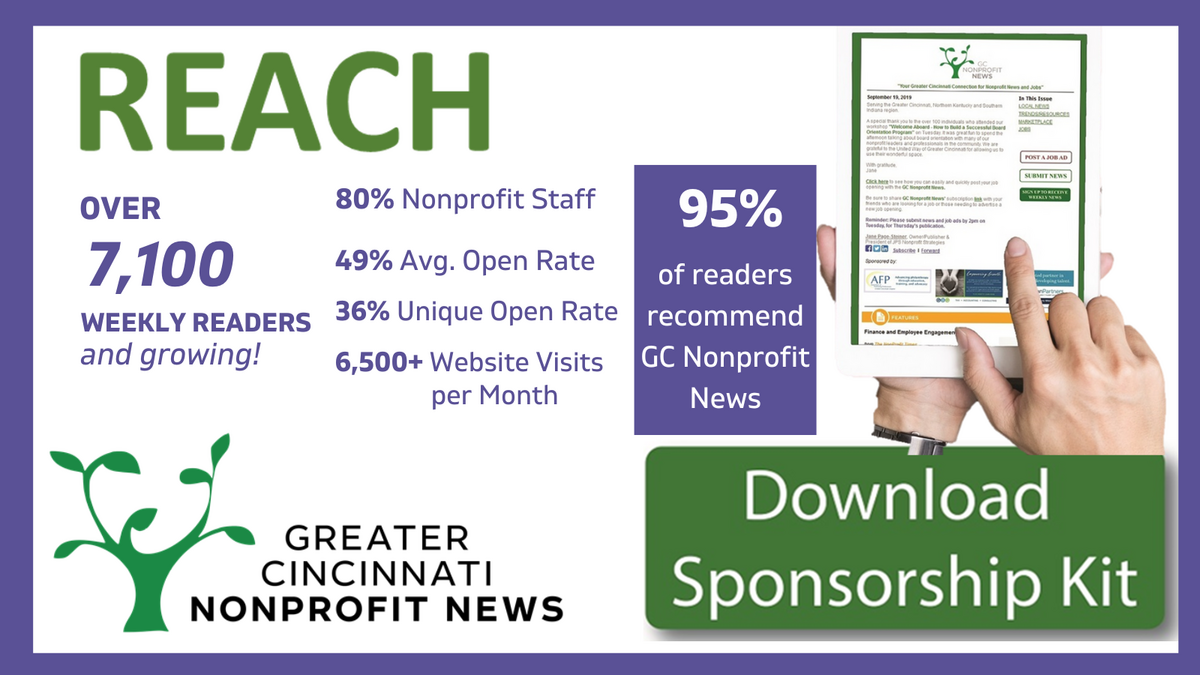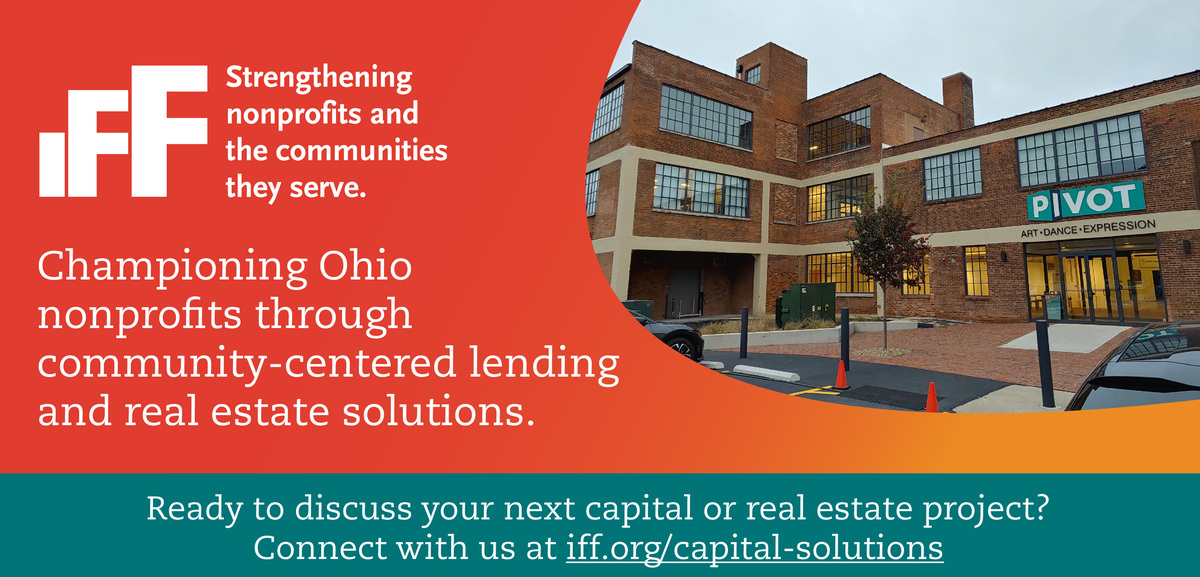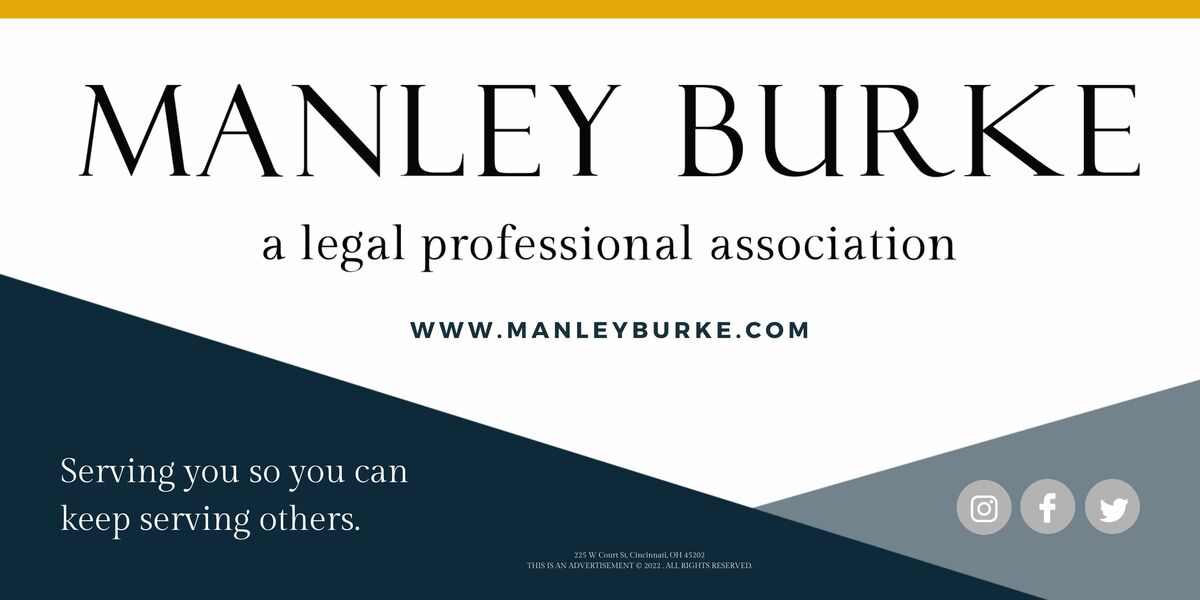Feature Article from our sponsor, AFP, 4/18/2024
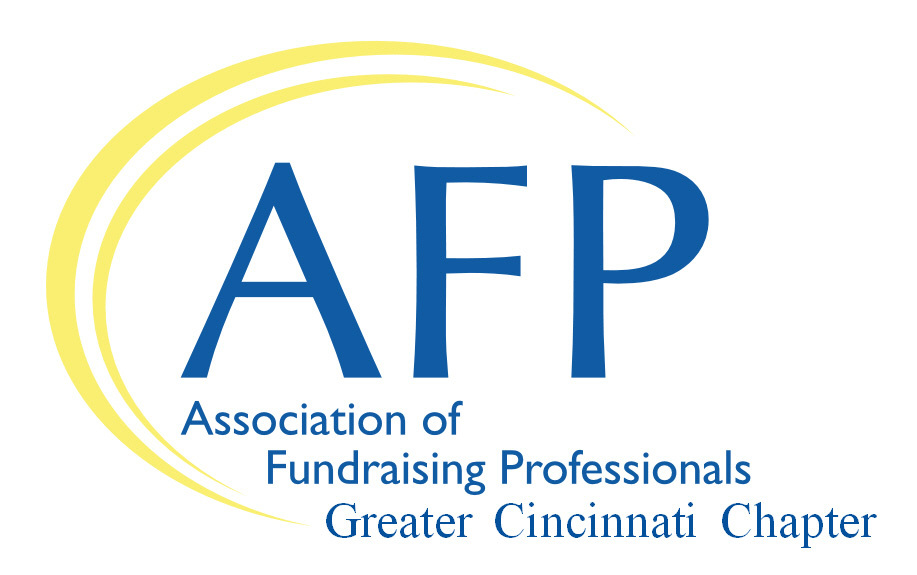
Doing Well While No One’s Watching
by Quinton Jefferson with Edits by Andrew Polter
Taking advantage of others is a real threat to fundraising professionals. It takes considerable effort, knowledge, and stamina to resist unethical behavior. In my local chapter of the Association of Fundraising Professionals (AFP), we are given a minimum of monthly reminders about ethical behavior during the identification stage and through the stewardship phase. Building ethical behavior relies on character development and support.
According to Merriam-Webster, ethics is a value system that frames important manners in work and serves the common good, which professional fundraisers are reminded to seek.
Assisting the ethical transference of holdings from the donor to individuals or institutions is part of the system of ethical philanthropy the AFP upholds.
Fundraising professionals benefit from the AFP’s collaborative nature and the knowledge and wisdom it holds. Meshing ethics with morality is not exactly accurate. Morality, according to Merriam-Webster, delves into subjective preferences about right and wrong that revolve around class, spiritual affiliation, and/or cultural aspects while ethics is an organized system designed to support the common good.
Responding to situations in an ethical manner involves asking questions that allow for some distance between the stimuli and the decision-maker. With this distance, one can answer the questions from an objective stance.
How Does Someone Ensure The Common Good Is Being Respected?
AFP members have made their career a means of shepherding philanthropists’ desires to positively impact the common good by maintaining ethical standards. Members review the AFP Code of Ethical Principles and Standards on their own and/or within a shared group experience such as an in-person meeting, a training course, or through a webinar. The AFP provides these educational programs because it knows the daily challenges of a development officer.
Is The Action Self-Serving?
If the donor and a development officer had a conversation about the gift and it was revealed that the donor wanted to use the gift as advertising for a new product launch and wanted to rename the supporting agency after the product, then the development officer would need to stop and ponder the ethical dimensions of the gift. The development officer might consult the code of ethics and standards and converse with a colleague to head off maleficence.
Conclusion
Donors and development officers want to protect the common good by giving a slice of their treasure and talent. But, there may be unforeseen circumstances. The AFP helps members increase their resistance to unethical behavior. Reminders help development officers act responsibly while no one is watching. Remaining objective and seeking answers to a few questions protects donors and development officers from participating in inappropriate conduct. Acting ethically is a nonstop discipline.

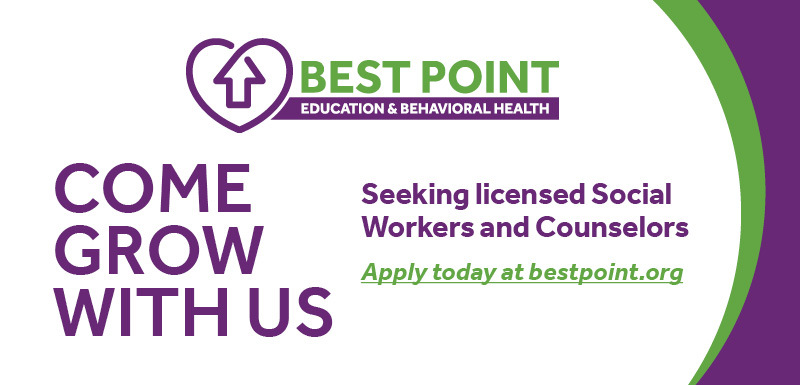

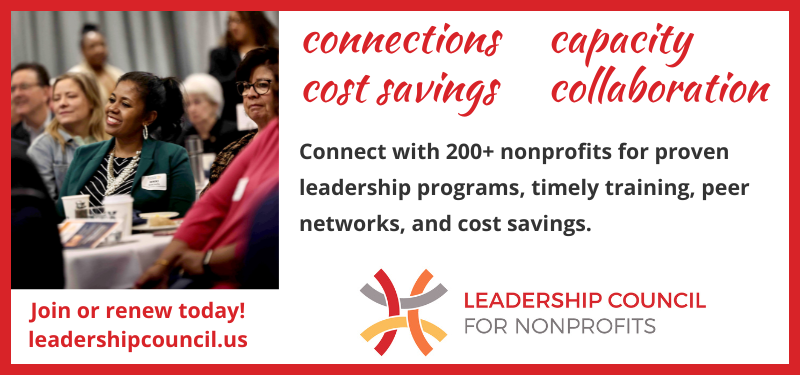

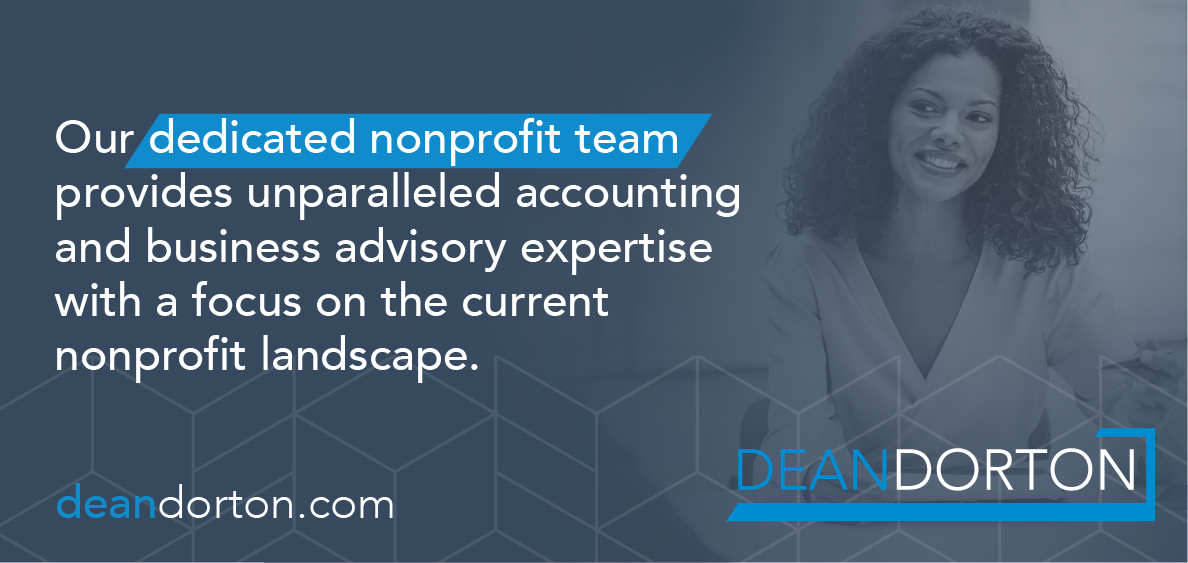
.png)

